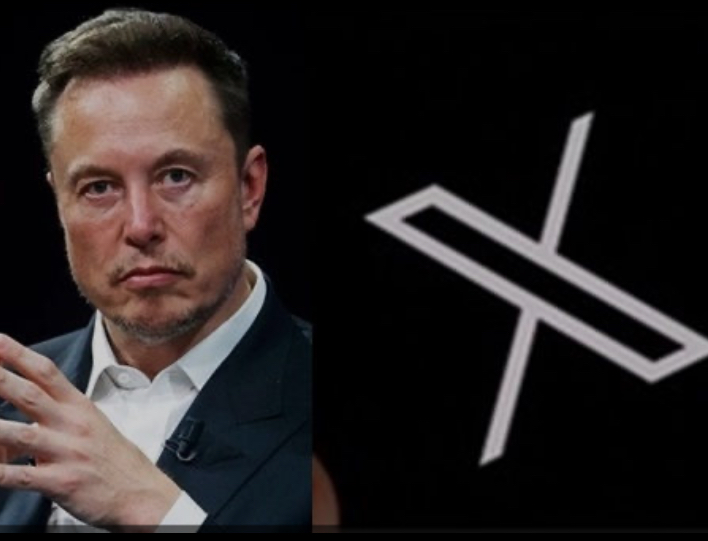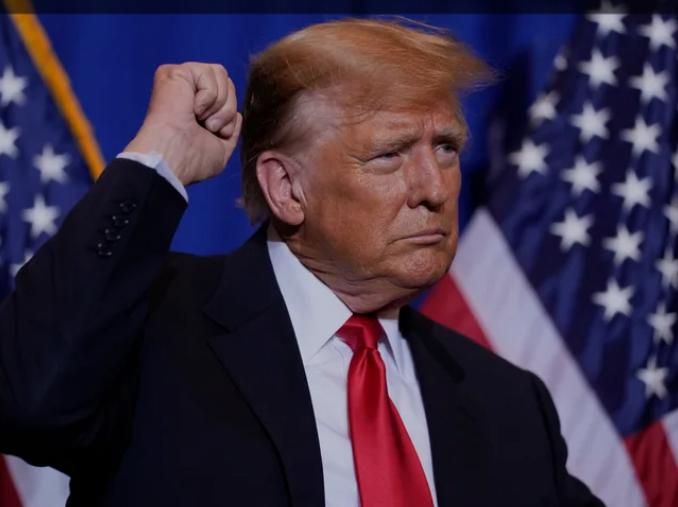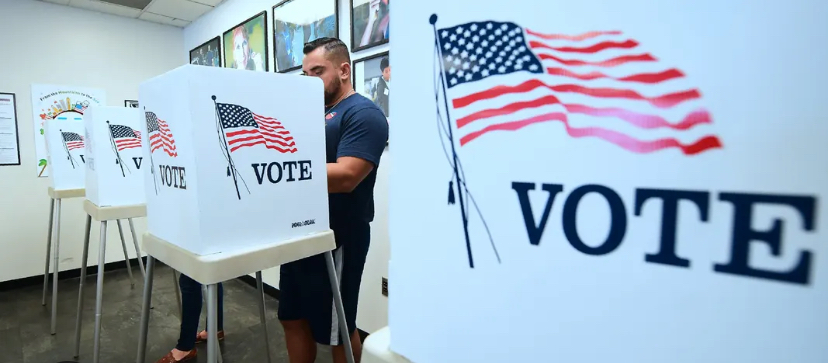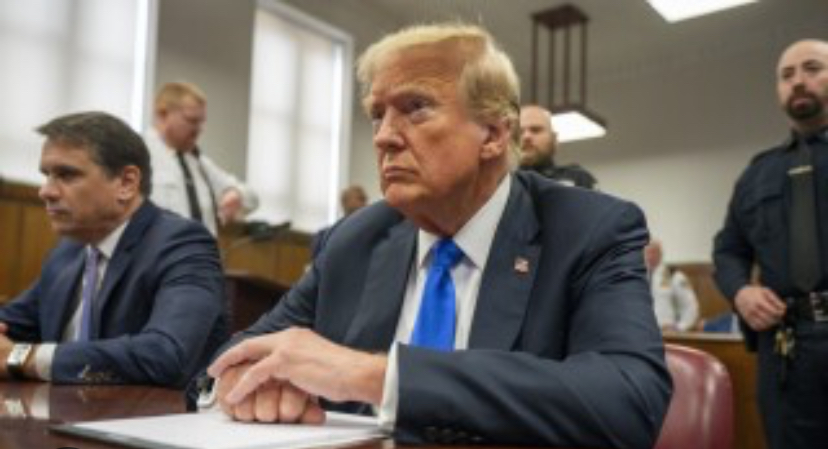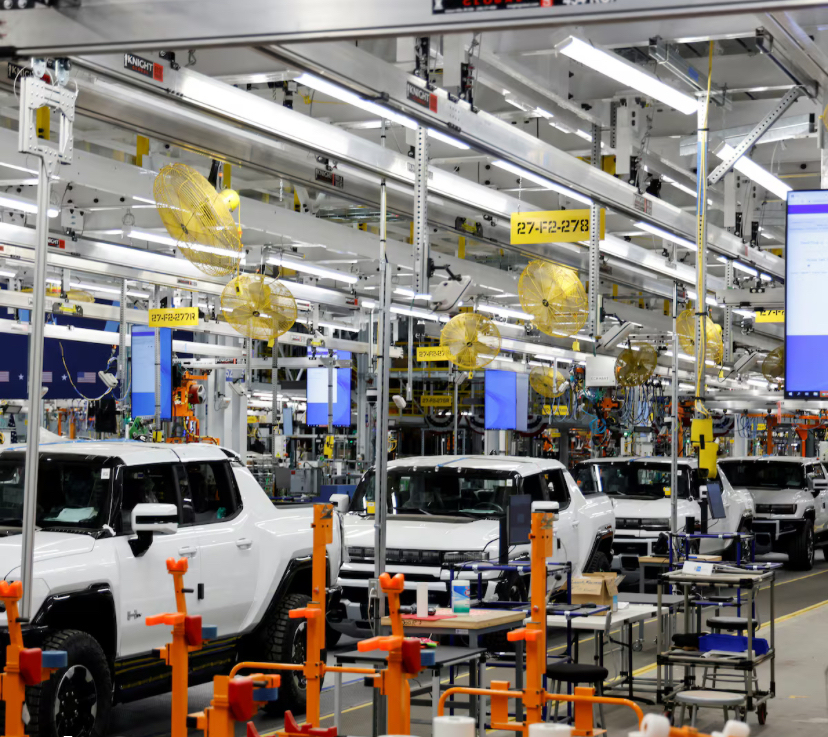
The U.S. House of Representatives recently passed a bill aimed at tightening the rules surrounding the eligibility of electric vehicles (EVs) for federal tax credits, specifically targeting Chinese content in these vehicles. This legislation, known as the “End Chinese Dominance of Electric Vehicles in America Act of 2024,” was approved by a narrow 217-192 vote. Seven Democrats crossed party lines to support the Republican-led initiative, which is part of a broader effort to reduce reliance on China for critical materials used in EVs and to push back against China’s influence on the American EV market.
The bill, introduced by Representative Carol Miller, seeks to redefine the term “Foreign Entity of Concern,” which would include any new electric vehicles that use battery components sourced from China or other nations like Russia and North Korea. If enacted, the bill would prevent these vehicles from qualifying for up to $7,500 in tax credits provided under the Inflation Reduction Act. Under current rules, these credits are divided into two parts: $3,750 for meeting critical mineral requirements and another $3,750 for adhering to battery component requirements, with a significant portion of these materials needing to be sourced from North America. The proposed bill would tighten these definitions further to close loopholes that may still allow China to benefit indirectly from these incentives.
The automotive industry, represented by the Alliance for Automotive Innovation, expressed concern over the bill, arguing that it could result in fewer vehicles qualifying for tax credits, thereby impacting vehicle emissions and EV adoption targets in the U.S. John Bozzella, CEO of the Alliance, emphasized that the EV tax credits are vital for maintaining a competitive edge against China. He warned that eliminating these credits would be a significant setback for the American automotive industry, posing both economic and national security risks .
Despite opposition from the White House, which argues that the bill could undermine climate goals and hurt the U.S. automotive industry, it will move to the Senate for further consideration. The Senate is expected to scrutinize the bill closely, as some members have already suggested that the current rules under the Inflation Reduction Act are too lenient regarding foreign entities of concern.
The discussion around this legislation highlights the ongoing geopolitical tensions between the U.S. and China especially in strategic sectors like electric vehicles and green technology. It also underscores the complex balancing act of advancing climate policy while navigating economic and national security priorities.


